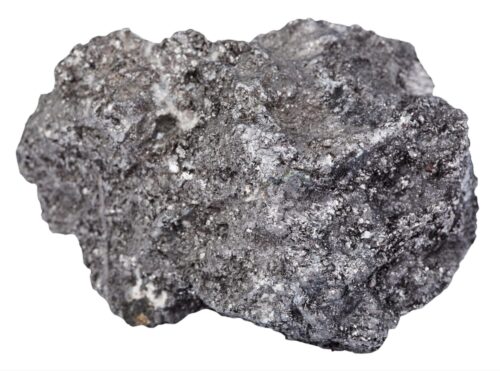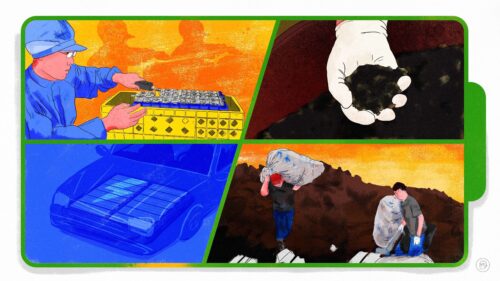China’s new plans to stimulate rural consumption
The central and local governments want to unleash China’s rural consumers with several new campaigns to send building materials, appliances, and electric cars to the countryside.

COVID lockdowns, supply chain snarl ups, and global uncertainty have damaged China’s economic health in many ways: In April, total retail sales of consumer goods in China fell by 11.1% year-on-year. The government is pursuing a number of strategies to stimulate the economy, one of which is to engineer a bump in consumption.
Ecommerce companies are hoping that this year’s 618 shopping festival (up to June 18) will drive online sales. The central government as well as local governments are seeking to juice consumption, for example:
- Local governments are issuing tax cuts and subsidies for cars and home appliances, and issuing consumer coupons to incentivize spending in retail, real estate, and restaurants.
- Cities are promoting the night-time economy and the outdoors economy, allowing evening markets and permitting companies to undertake promotions in public spaces.
The main focus is on the cities, but the government is also attempting to drive rural consumption.
Green building materials to the countryside
On Tuesday, JD.com 京东商城, the originator of the 618 annual shopping festival, and the China Building Materials Federation launched the “green building materials to the countryside” project. The green building materials that JD.com is punting include:
- Environmentally friendly paints.
- Solid wood furniture.
- Water-saving toilets.
- LED energy-saving lamps and solar lamps.
Such products will be taken on roadshows in rural areas, and JD.com will set up a supply and distribution network.
Some local governments are also launching their own rural distribution projects. Shanxi Province, for example, is aiming to cultivate 100 rural “e-towns,” that will facilitate both production and purchasing by improving logistics systems and ecommerce infrastructure.
Household appliances to the countryside
Boosting the consumption of household appliances in the countryside is not a new idea, and was first implemented from 2007 to 2013, when white goods sales increased sharply as a result of financial subsidies for rural buyers.
At the end of May, the Ministry of Industry and Information Technology announced that a new “household appliances to the countryside” campaign is about to commence. China’s leading white goods manufacturers, including Haier 海尔, Midea 美的, and Changhong 长虹电器 participated in the 2007 to 2013 project. For the new round, the biggest potential for rural consumption for these companies is in trade-ins of the appliances they sold in the previous round.
Several local governments have also teamed up with white goods retailers Gome 国美零售 and Suning 苏宁易购 to expand distribution in rural areas.
Electric vehicles to the countryside
Over the past few years, the central and virtually all local governments have introduced subsidies, tax rebates and other measures to encourage purchases of New Energy Vehicles (NEVs) in urban areas. The strategy is now expanding to rural areas.
At the end of May, several ministries launched the “NEVs to the countryside” project. From May to December this year, third- and fourth-tier cities and counties across various provinces will organize marketing events and tour exhibitions to promote NEV purchases. The ministries also encouraged China’s leading NEV companies to expand charging and battery swapping stations in rural areas, and to develop models suited to the countryside.
The context
While the new plans to expand rural consumption are similar to past campaigns, it is apparent that this will not be as easy as it was ten years ago. Rural consumers have become more discerning about not only cost but also quality, technology, and after-sales services. The rural market is also much more diverse than urban areas, and there are many regional economic imbalances.
Some of the trends were illustrated by a consumer satisfaction survey carried out in rural areas of Jiangsu Province, and published in May this year, which found:
- Rural consumers in the province are confident of their purchasing abilities: Only 6.96% of respondents thought their economic conditions were bad.
- More than 80% were concerned about product quality and after-sales services.
- 56.60% indicated that they make use of ecommerce platforms.
The survey also found consumer satisfaction among rural consumers in the province was different from region to region.
Companies have learned that they can’t take rural consumers for granted. Several large retailers, including Gree Electric 格力电器 and Changhong 长虹电器, have formulated policies to ensure that appliances unwanted in the cities are not merely dumped in rural areas, which sometimes occurred in the 2007-2013 campaign.
The takeaway
Rural consumption might be a crucial factor for China to reach economic growth targets this year. But it’s not yet clear if this new campaign is going to work.






